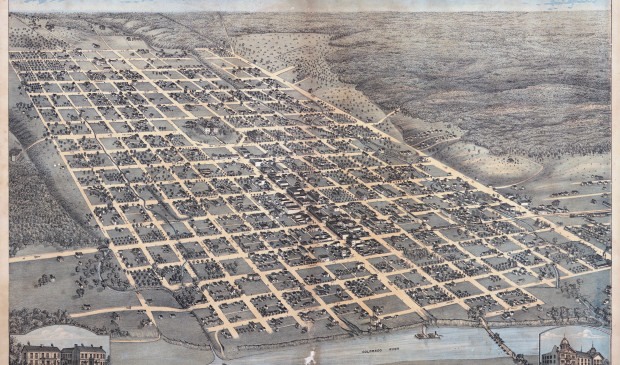Former Planning commissioners give newbies a piece of their mind
Friday, October 2, 2015 by
Jack Craver It’s not easy serving on a city land-use commission. If sitting through meetings that often stretch into the early morning hours isn’t bad enough, those who submit to the task are mere volunteers and thus forced to study up on the issues during whatever spare time they have between their day jobs and personal commitments.
In apparent acknowledgment of the unique challenges land-use commissioners face, the city arranged for current members of the Planning Commission and Zoning and Platting Commission to hear from former commissioners on how they might make their jobs easier.
The advice ranged from broad philosophical guidance to nitty-gritty procedural tips. Above all else, the veterans urged the newbies to always remember the impact their decisions would have on the city as a whole.
“It’s not about you,” said Chris Ewen, channeling a piece of advice he once received from a colleague on the Planning Commission. “It’s a great phrase to always come back to. There are a lot of people involved.”
In that vein, Ewen urged commissioners to assess the cases with a respect for the work that went into crafting Imagine Austin, the city’s comprehensive plan.
“You have to weigh that when you’re hearing an individual zoning case,” Ewen said. “Who’s there at that hearing versus how many people who were involved in the Imagine Austin process.”
Richard Hatfield, who served on the Planning Commission from 2005 to 2010, echoed that point.
“You can’t go by your personal feelings on some of these things,” he said. “You have to go by the framework of what the rules are.”
That’s not to say that personal opinions are irrelevant. Dave Anderson, who sat on the Planning Commission from 2008 to 2014, stressed that “developing a list of values” to work from would help commissioners review cases with a “certain sense of consistency.”
The former commissioners also had plenty of advice on how to avoid lengthy meetings. Former Planning Commissioner Sean Compton urged everybody to buy a copy of Robert’s Rules of Order. Former Planning Commissioner Dave Sullivan reminded newcomers that the chair doesn’t actually have to ask for a vote on every motion; he or she can simply propose a motion and proceed if there are no objections.
Above all else, commissioners can save everyone time by being prepared for meetings.
“Set aside a time on your calendar to review the packet,” said Anderson. “Don’t be afraid to reach out to staff members to ask them questions before you get to the dais.”
In addition, said Anderson, talking with city officials behind the scenes can sometimes help commissioners get ideas from staff that they wouldn’t discuss publicly.
“Over the years there have been some fantastic ideas that staff has come up with (that) for political reasons they couldn’t espouse,” Anderson said. “Help your staff members with these great ideas – bring them to light.”
Delays aren’t just a waste of time, said Sullivan. They can also be a waste of money. He therefore urged commissioners not to take postponements of developments lightly.
“All of those small delays add up to higher costs for renters and homeowners,” he said. “You might think you’re only dealing with the developer, but you’re not.”
“Old map-Austin-1873-sm” by Augustus Koch (1840-?). – http://www.birdseyeviews.org/zoom.php?city=Austin&year=1873&extra_info=. Licensed under Public Domain via Commons.
You're a community leader
And we’re honored you look to us for serious, in-depth news. You know a strong community needs local and dedicated watchdog reporting. We’re here for you and that won’t change. Now will you take the powerful next step and support our nonprofit news organization?









